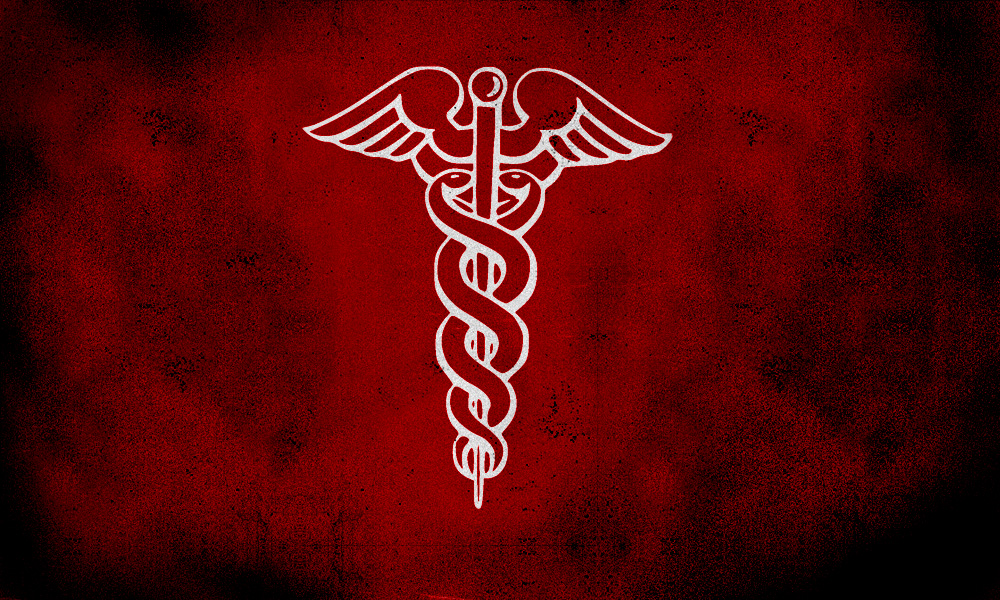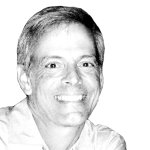
Burnout and Resiliency: A Critical Role for Healthcare Associations
While the healthcare industry is facing a burnout epidemic and changes from the Affordable Care Act, healthcare associations are more valuable than ever. Here’s how they can help.
Not long ago, I was at a conference listening to staff members of healthcare associations talking about the national healthcare reform law.
They were worried about how the Affordable Care Act would change their members’ lives, how it would change their associations, and how it would change life as we knew it. I thought some of them were betting the house on the U.S. Supreme Court overturning the ACA.
We cannot feed the angst. No one can stop healthcare from changing. We can’t turn back the clock, or even stop it in place, and it’s fruitless to encourage that thought among our members.
Even before the Court ruled differently, those conversations worried me. At its most benign, these executives were mirroring their members’ angst. At the worst, they could have been feeding their members’ powerlessness. Couldn’t we, as association professionals, do better?
If the news clips are to be believed, medicine is facing a burnout epidemic. We all know physicians who are burned out, cynical, bitter, and ready to quit. A study in the Archives of Internal Medicine this summer found that 38 percent of physicians had symptoms of burnout, and 40 percent were dissatisfied with their work-life balance—far more commonly than other working adults.
According to another study, a growing number of physicians under stress are trying to cope by cutting back on their patient care, or even dropping out. American Medical News called it a “silent exodus” that could worsen existing workforce shortages.
If there was ever a moment where physicians need their healthcare associations, this is it.
What can we do? Obviously, we can’t become their therapists, though sometimes we lend a sympathetic ear. But we can help them become resilient in the face of these changes.
Resilience in this sense has a very specific meaning. It describes a person’s ability to adapt to difficult challenges in life. Resilient people overcome adversity, and some even thrive under pressure. It’s not a quality or a personality trait; it’s a skill that we can learn and cultivate.
Can we teach our members resilience? We can, and we must.
The good news is that some of the best tools to build resilience are directly in our sweet spots: education, advocacy, and networking.
Physicians tend to be innate problem solvers. It turns out that focusing on problem solving is one of the fastest paths to building resiliency. Focusing on emotions can be helpful, but it’s insufficient. Problem solving works better in the long run.
As association professionals, we can do that. We can show our members where new practice models are already doing great things for patients, and making physicians’ lives a little less stressful. We can help them adopt new technologies. We can teach them skills they didn’t learn in school or on the job. There’s a lot we can do.
But first, we cannot feed the angst. No one can stop healthcare from changing. We can’t turn back the clock, or even stop it in place, and it’s fruitless to encourage that thought among our members. Even without the ACA, healthcare would have been swept by enormous changes in everything ranging from clinical integration to information technology.
That’s why I applaud the American Medical Association’s new strategic emphasis on improving physician satisfaction through education and advocacy. The AMA gets a lot of grief from both the left and right, but I think it really nailed this priority.
This may be the most important problem in medicine. Physicians are among the most intelligent, committed, and altruistic professionals on the planet. When there’s a medical disaster, most physicians will roll up their sleeves to pitch in to do anything that’s needed. I saw it on the morning of 9/11, and I’m sure you did, too.
You have to be inspired by that. Can America afford to lose it?
Join Rick Johnston, CAE, of ICF Ironworks, and me for a learning session on “Physician Expectations for Mobile Computing” at ASAE’s 2012 Healthcare Associations Conference, November 8-9, in Chicago.
(illustration by Ernie Smith)






Comments